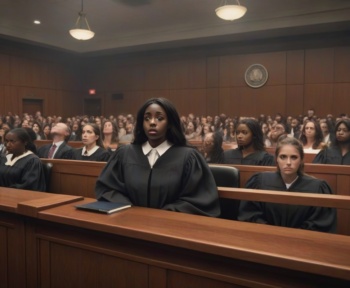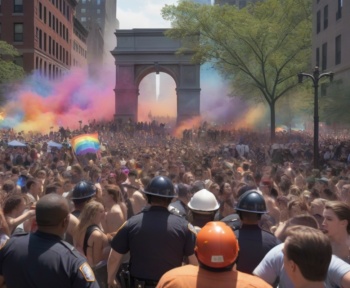The director of the eagerly anticipated disaster film “Twisters” has found himself at the center of controversy for not incorporating climate change into the narrative, despite its relevance to the escalating severity and occurrence of tornadoes featured in the movie.
In a recent interview, the director, who has a background in crafting action-driven disaster narratives, expressed that the movie is intended purely for entertainment purposes and that he chose to steer clear of political discussions such as climate change.
This decision has drawn sharp criticism from the scientific community and climate advocates who argue that the correlation between climate change and heightened extreme weather phenomena like tornadoes is well-documented and should not be overlooked.
Dr. Jennifer Francis, a research professor at Rutgers University’s Department of Marine and Coastal Sciences, highlighted that the increasing warmth of the planet results in higher atmospheric moisture, which then contributes to the frequency and intensity of storms, including tornadoes.
Critics believe that by not acknowledging these scientific facts, the film’s director may be contributing to a broader culture of climate change denial. Sarah Jacobs, a noted climate activist, expressed significant concern, stating that overlooking the impact of climate change on extreme weather is not just irresponsible but also perilous. She emphasized that this oversight promotes the dangerous narrative that climate change is not an immediate threat, despite it being a critical issue of our time.
Despite facing backlash, the director has held his ground on not incorporating climate change into the storyline of “Twisters.” Nonetheless, this has not prevented the public from drawing connections on their own and advocating for greater recognition and proactive measures regarding climate change.
As the premiere of “Twisters” draws near, the film industry and audiences are keen to see if the director will revisit his stance on addressing climate change in relation to extreme weather phenomena in his film. In the meantime, the debate continues, with many urging for a more responsible portrayal of such critical and topical issues in entertainment media.




